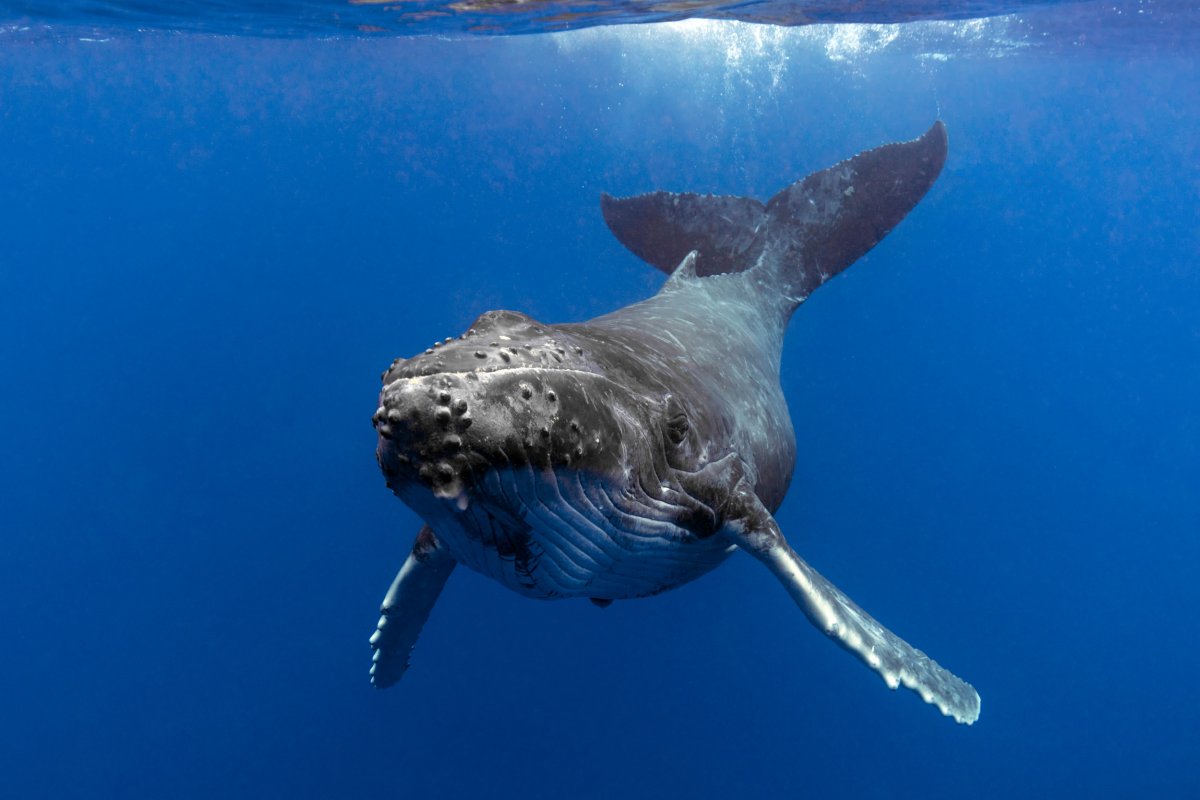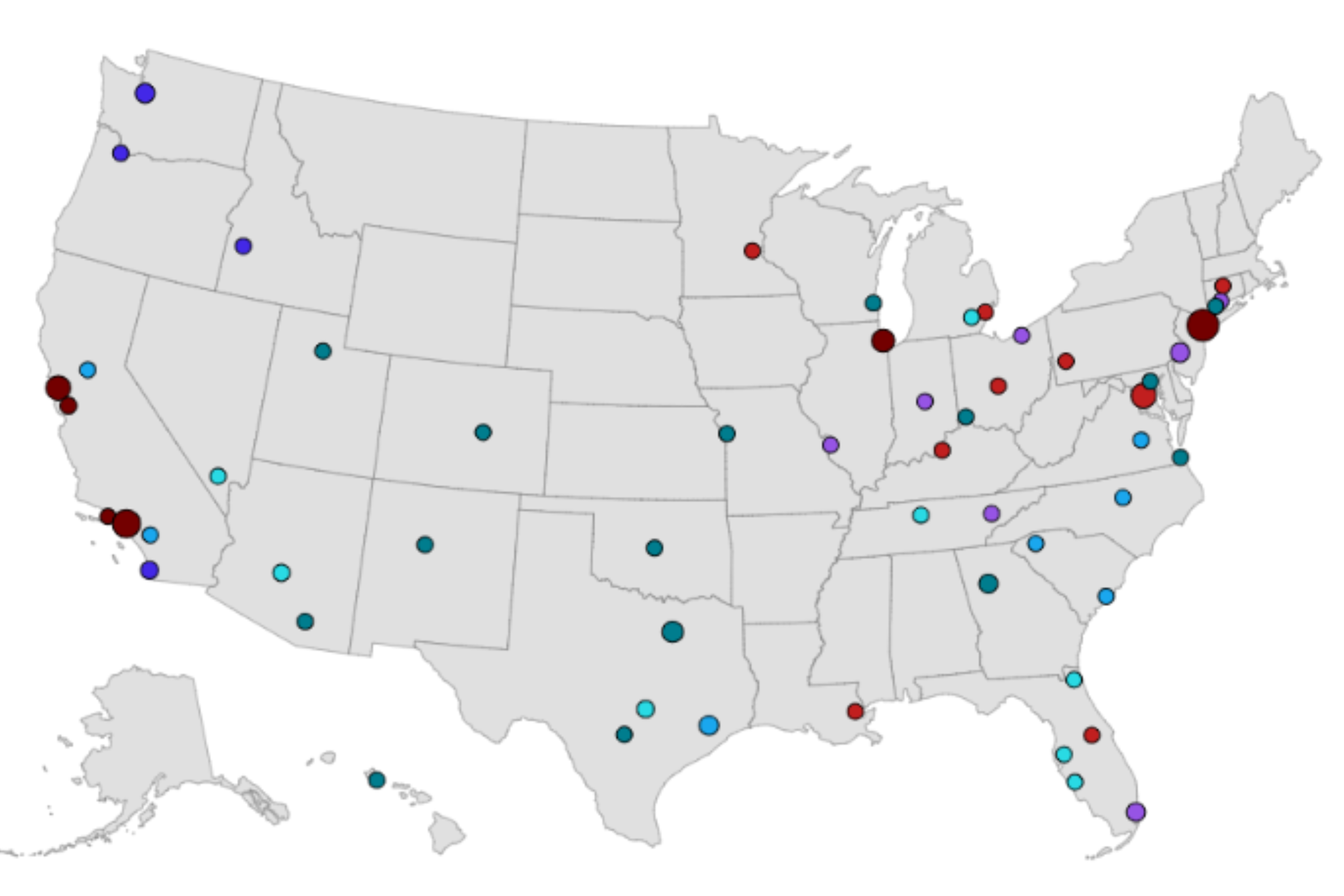A dead whale that recently washed up onto a Staten Island beach was found to have "human-caused injuries," said scientists. The cause of death has yet to be determined, but officials hope to know more in the coming weeks.
On September 17, a dead humpback whale washed onto the shore at Great Kills Harbor in Staten Island, the New York Post reported. Officials with the National Parks Service (NPS) then called the Atlantic Marine Conservation Society (AMSEAS), who conducted an examination of the whale and "managed" its "disposal," Live Science said.
In a Facebook post the following day, AMSEAS stated that a necropsy exam of the 38-foot humpback whale revealed that the animal sustained "human-caused injuries."
"The necropsy team, led by Kimberly Durham, AMSEAS/Necropsy Coordinator, documented evidence of two human-caused injuries: healing wounds around the mouth and head consistent with entanglement in gear, and a large piece of metal debris lodged in his intestines, causing damage to the digestive tract," AMSEAS said in the post.
According to National Geographic, collisions with ships and entanglement in fishing gear remain the biggest threats to humpback whales.
SR3—a sealife response, rehabilitation and research organization—said in a blog post that reports of entangled humpback whales on the West Coast increased from "an average of 10 reports per year from 1982 to 2013, to 50 reports per year from 2014 to 2017."
The increase in reports is not only due to an increase in the humpback whale population but also due to the fact that their prey now lives in different areas of the ocean, which brings the whales into more frequent contact with fishing gear, the blog continued.
But part of the increase is also due to "greater public awareness." Because more people know how to report sightings of entangled whales, sightings are reported more often, the blog also stated.
Live Science reported that the Staten Island whale had been found "floating on its back with its blowhole under the water's surface." AMSEAS founder and chief scientist Robert DiGiovanni explained that this was a "good indication that the animal has been dead for some time."
However, AMSEAS is still awaiting lab results to determine the cause of the whale's death, said the organization on Facebook. DiGiovanni told Live Science that this process could take a minimum of one month.
Several Facebook commenters expressed that they were sad to hear of the whale's injuries and death.
"Heartbreaking. Humans have to do better," said one.
"Sad...We must protect our sea life creatures more," said another.

Uncommon Knowledge
Newsweek is committed to challenging conventional wisdom and finding connections in the search for common ground.
Newsweek is committed to challenging conventional wisdom and finding connections in the search for common ground.
About the writer
Sara Santora is a Newsweek reporter based in Florida. Her focus is reporting on viral social media posts and trends. ... Read more
To read how Newsweek uses AI as a newsroom tool, Click here.








